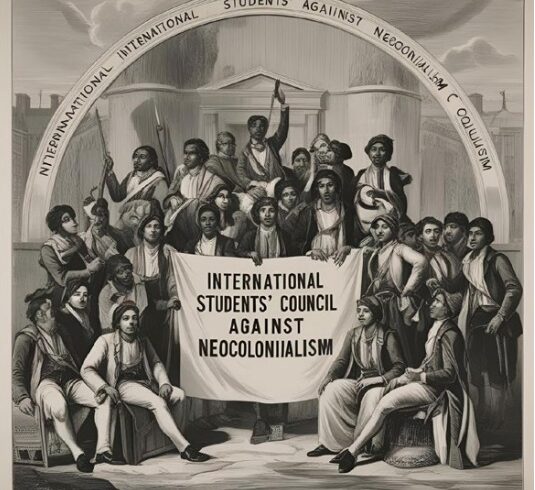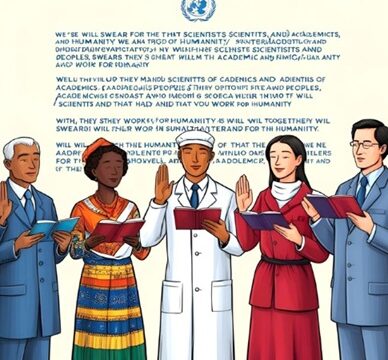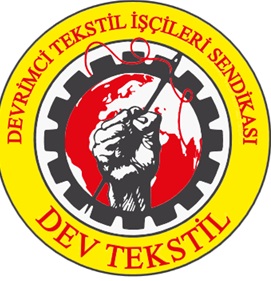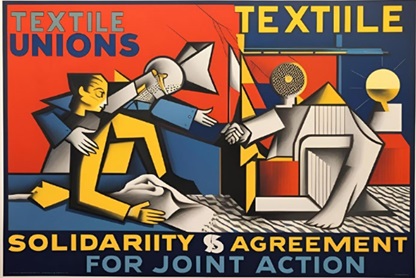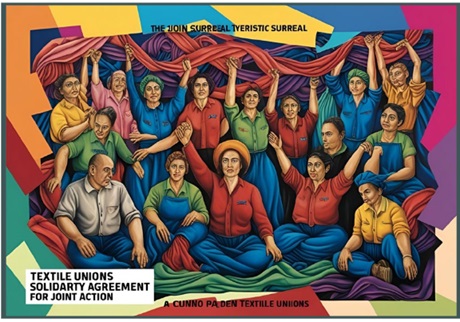Dennis CHIPILI
PRESIDENT of the Southern African Students Union – SASU
picture source: Created with AI
Louder and louder is becoming the call to decolonize education. At its core, its an invitation to challenge the inherited colonial systems that continue to shape what is taught, how it is taught, and whose knowledge is valued. It is a bold, transformative process of reimagining education systems to reflect the cultures, histories, languages, and lived experiences of the people they are meant to serve.
Nothing for us without us! While this conversation has often centered on institutions and governments, one powerful group often overlooked is the students themselves. Across the continent, students are not merely passive recipients of knowledge — they are leaders, agitators, co-creators, and knowledge producers who are driving the agenda for inclusive, relevant, and transformative education reform.
Many African education systems remain heavily influenced by colonial structures. Curricula often prioritize foreign languages over indigenous ones, European history over African civilizations, and Western literature over local storytelling traditions. Even the classroom structure, examination systems, and teacher-student dynamics mirror colonial designs that were never intended to liberate but to control and conform. As a result, students are too often taught to memorize disconnected facts rather than to think critically, innovate, or connect learning to their communities’ needs. This alienation leads to an education that feels distant, irrelevant, and even oppressive.
Decolonizing education is not just an academic or political exercise — it’s a matter of justice and identity. A decolonized education empowers learners to value their cultures, languages, and histories. It promotes social cohesion by recognizing diverse identities and stories. Importantly, it makes education more relevant to solving local challenges — whether it’s climate change, public health, governance, or food security.
It reshapes the narrative of what knowledge is and who holds it. Decolonization validates indigenous knowledge systems, oral traditions, local innovations, and ancestral wisdom that colonial systems dismissed as inferior or unscientific.
Students have always been at the forefront of social and political change, this call for educational reforms is no exception. Across Africa, young people are reclaiming their agency and demanding to be part of shaping the learning spaces they occupy.
Student-led movements such as the Fees Must Fall movement in South Africa sparked global conversations about decolonization and institutional racism. This particular movement went beyond fees — it questioned the very foundations of the curriculum and demanded transformation in who teaches, what is taught, and how universities are run.
Some progressive institutions have already started to show the way, students are increasingly being invited into curriculum development committees. They provide feedback, critique reading lists, suggest more inclusive content, and co-design learning models. Such engagement ensures that education becomes a dialogue, not a monologue.
Students are becoming knowledge producers through research, blogs, journals, podcasts, and community storytelling. They are documenting indigenous farming methods, translating oral history into written texts, and elevating local languages in digital spaces. In doing so, they are preserving and promoting indigenous knowledge.
Digital platforms are also empowering students to access, share, and create alternative content. From online discussion forums to youthled YouTube channels and social media campaigns, students are curating de colonial content and creating new learning ecosystems beyond the classroom.
Despite these efforts, students often encounter significant barriers including; Institutional Resistance – Many education systems are slow to change, often rigid, and led by individuals resistant to challenging the status quo. Limited Representation – Students are rarely part of decision-making bodies where key curriculum decisions are made. Resource Constraints – Lack of funding, access to information, and mentorship can hinder student-led research and activism. Political Pressure – In many contexts, student activism is viewed as rebellious or political, leading to repression or marginalization.
To truly decolonize education, the role of students must be institutionalized and amplified. National education policies should create permanent student seats on curriculum review boards and educational councils. Institutions must nurture student leadership through mentorship, training, and funding for research and innovation. Also students can work with educators to localize learning materials, integrate community knowledge, and promote indigenous languages in learning.
Decolonizing education is not a one-time event — it is a continuous journey of liberation, validation, and transformation. Let us center the voices of students. For in their resistance, innovation, and imagination lies the power to decolonize education and reimagine a future where learning truly serves the people it was meant to empower.

